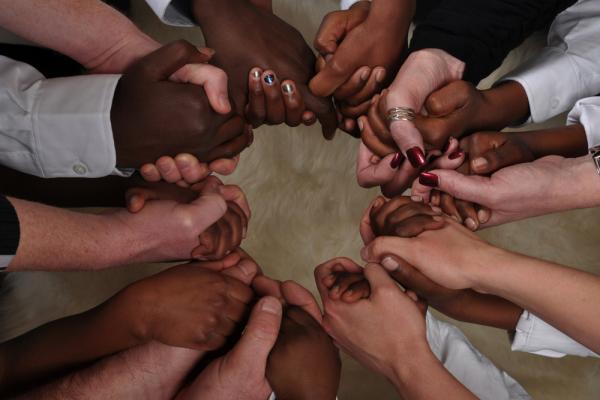The massacre of nine African-American worshippers during a Bible study at a church in Charleston, S.C., earlier this year has led black and white churches to come together in an effort to improve race relations.
On Dec. 15, the Conference of National Black Churches, a decades-old black church organization, hosts the latest such interracial religious gathering in the city where the shooting occurred in June.
More than 300 clergy and community leaders are expected to attend the three-day (Dec. 15-17) conference. It will include a worship service at Emanuel African Methodist Episcopal Church, the place where the Bible study was being held. Dylann Roof, the white suspect in the killings, who had hoped to “start a race war,” has been charged with federal hate crimes.
Read the Full Article

